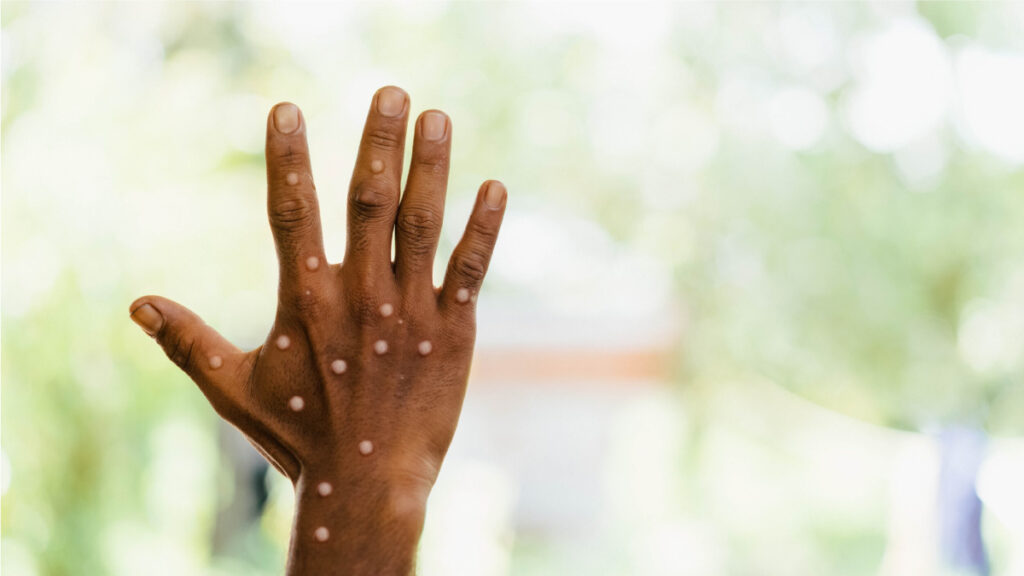The Nigerian Centre for Disease Control (NCDC) has reported 66 cases of Monkeypox within the country. The NCDC released a report on the night of Sunday, May 29 2022, writing that these cases have been compiled from January till now.
They have also reported one case of death.
“A total of 66 suspected cases have been reported between January 1st to May 29th, 2022,” the NCDC said its statement. “Of the suspected cases, 21 were confirmed from nine (9) states – Adamawa (5), Lagos (4), Cross River (2), FCT (2), Kano (2), Delta (2), Bayelsa (2), River (1) and Imo (1) – with 1 death recorded. This was in a 40yrs man with renal co-morbidity and on immune-suppressive drugs.
“The twenty (20) new suspected cases in May 2022 were reported from 11 states – Lagos (5), Bayelsa (2), Adamawa (2), Rivers (2), Niger (2), FCT (2), Delta (1), Oyo (1), Kaduna (1), Edo (1) and Gombe (1).”
Monkeypox is caused by an infection from the monkeypox virus. The monkeypox virus belongs to the Orthopoxvirus genus in the family Poxviridae, which also causes smallpox and cowpox virus.
“This is a 100% increase in case reporting as compared with April 2022, when 10 new cases were reported, and is likely due to ongoing efforts to increase awareness and improve surveillance,” the statement continued.
Monkeypox is endemic to West and Central Africa, according to WHO. After its first outbreak in 1970 in the Democratic Republic of Congo (DRC), West Africa recorded a series of cases. Nigeria recorded 558 suspected cases, with 231 (41.4%) confirmed from September 2017 to April 2022.
However, there’s been a recent outbreak of the disease in other parts of the world, including Europe, Australia, and America.
Read more on its global outbreak HERE.
The NCDC added that it had begun the National Multisectoral Emergency Operations Centre at level 2.
“This EOC will continue to coordinate ongoing response activities in the country while contributing to the global response.”

